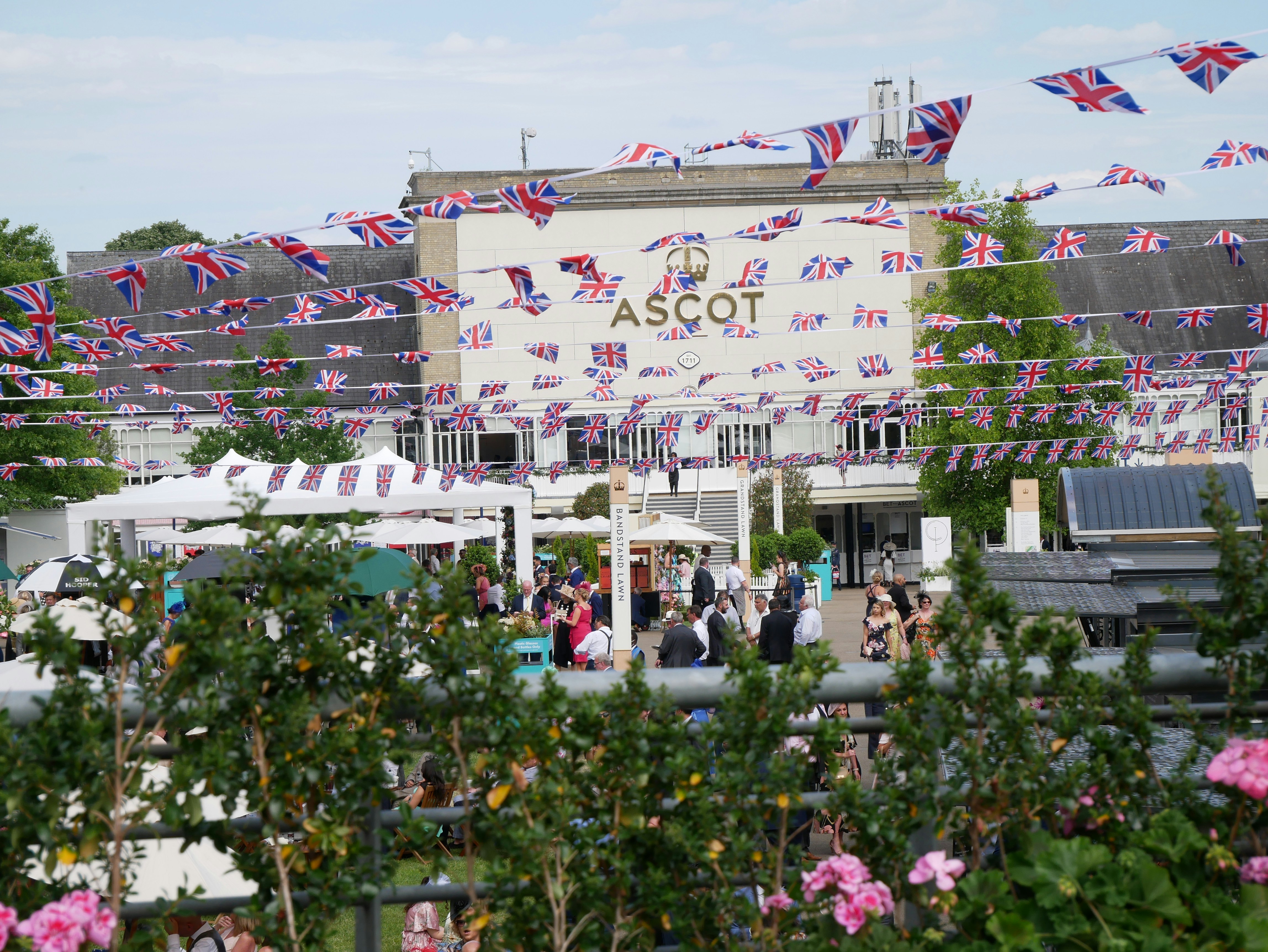Paul St John
March 30, 2023Dick Francis and Aintree

The clocks are going forward, the hares are no longer mad and the Lincoln is coming. Thoughts of tipsters are turning to five furlong sprints.
It means that a two hundred year old race, begun when sport was just a small step down, in terms of peril, from military combat, and still with its feet planted unapologetically in history, is on the near horizon.
To relish the Grand National is to love the past.
The statue of the young Dick Francis stands at the top of the steps outside the Aintree weighing room. Dressed in his 1956 silks, he is surveying the winner’s enclosure and the parade ring.
It was unveiled by the Princess Royal less than two years ago. What, it might be wondered, took them so long?
Francis was a very good as distinct from great jockey, a passionate advocate for the sport, and unquestionably the best writer of racing fiction there has ever been.
In all his literary career, which began with his life story, Sport of Queens, Francis relied on the help of his highly literate wife, Mary. He produced his first racing thriller, Dead Cert, in 1962.
Forty more were to follow, as were three Edgar Awards, a Golden Dagger from the British Crime Writers Association, a Cartier Diamond Dagger for Lifetime Achievement, and an honorary doctorate from Tufts University.
In 1996 he was given the Mystery Writers of America Grand Master Award, their highest honour. An OBE had come in 1983, followed by a CBE in 2000.
His books have to date been translated into 22 languages, but Francis didn’t write the greatest racing story of his era. Instead, as the jockey on Devon Loch in the 1956 Grand National, he rode it.
As a child Francis had been obsessed with the race. In 1957, he wrote: ‘While many little boys were driving the Scottish Express around their nurseries, my rocking horse and I were going over Becher’s and Valentines, the Chair and the Canal Turn’.
Dick the teenager had been drafted into the RAF in 1939 and designated ground staff. He requested to remuster as a pilot and was denied.
Every month for the next three years he made the same application. At the thirty-seventh time of asking the authorities relented, and by then Francis was in Africa. He flew Spitfires and Wellingtons for the remainder of the war.
On his forty-third ride under rules, a year after demobilisation, Francis found a winner.
In the next decade he partnered three hundred and fifty horses to victory and was champion jockey in 1954.
Over the Aintree fences there were three wins, but In the biggest race of all, the one he had listened to in awe on a steam radio when a boy, there was to be no triumph.
Francis made eight attempts. After a bad injury, and on the strong advice of the Queen Mother, Francis retired. He was young, moderately famous (although not wealthy) and had two young sons.
The autobiography served as a job application. Francis wrote for the Sunday Express for the next sixteen years.
His love affair with Aintree and the National had practical manifestations. In 1983 both were in danger of extinction. Francis was prominent in the campaign to raise the £14 million needed by the Jockey Club to purchase the land.
Devon Loch remains the opaque mystery of the world’s most famous race. The horse was set to win unchallenged, then stumbled and bellyflopped to defeat. Here is how Pathe News reported it …
UNBELIEVABLE Finish at the Grand National Horse Race (1956) | Sporting History - Bing video
It is a great story, but it lacks a vital component. Francis’s novels all unravel; the concluding pages always resolve what had been chaotic and uncertain.
We know what happened to the horse sixty-seven years ago, but we still don’t know why. The thriller called Devon Loch has no final chapter.

Written by:
Paul St John
Share article:


